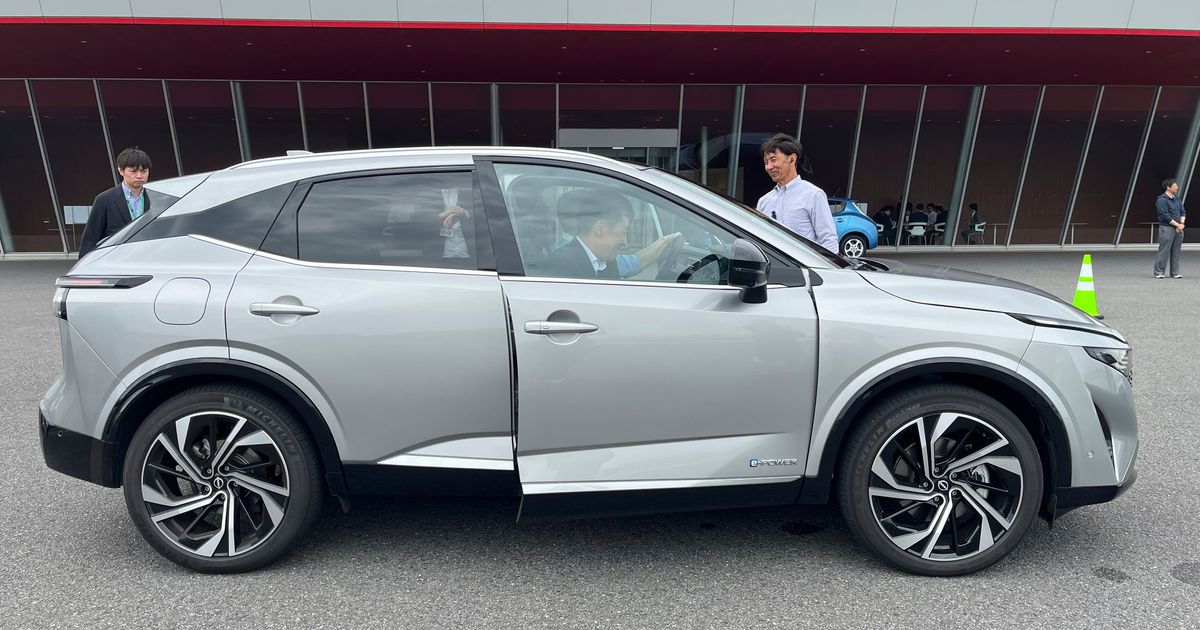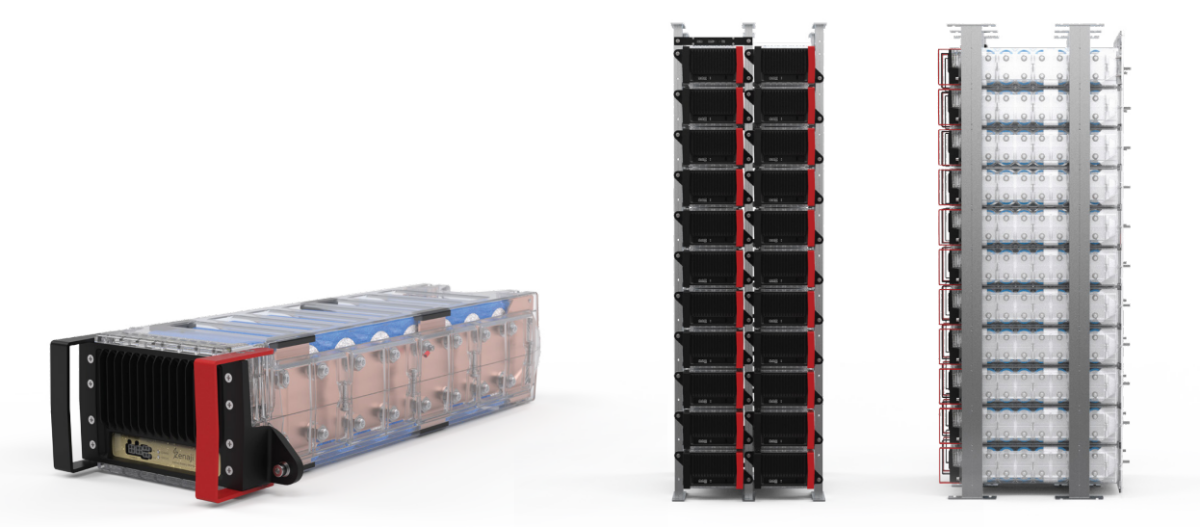Nissan's 'e-Power' Gamble: Can Hybrid Tech Revive the Automaker?

Yokosuka, Japan – Nissan, the once-dominant Japanese automaker currently grappling with financial challenges, is placing a significant bet on its innovative “e-Power” technology. This isn't just another electric vehicle (EV) push; it's a strategic pivot aimed at revitalizing the company and regaining market share in a rapidly evolving automotive landscape.
For years, Nissan has been a global force, particularly known for its pioneering work with electric vehicles like the Leaf. However, recent financial results have been less than stellar, prompting a critical reassessment of the company's strategy. The e-Power system, which has been gradually rolled out in select markets, represents a key component of Nissan’s plan to return to profitability.
What is e-Power? Unlike traditional hybrids that combine a gasoline engine with an electric motor, Nissan’s e-Power system operates differently. The gasoline engine acts as a generator, solely charging the battery which then powers the electric motor that drives the wheels. This means drivers experience the instant torque and quiet operation of an EV, while benefiting from the extended range offered by a gasoline engine. Essentially, it's a series hybrid, but Nissan has cleverly marketed it as a unique and compelling alternative to both pure EVs and conventional hybrids.
Why the Focus on Hybrid? The global automotive market is in a state of flux. While the demand for EVs continues to grow, concerns about range anxiety, charging infrastructure limitations, and higher purchase prices remain significant barriers for many consumers. Nissan's e-Power technology addresses these concerns by offering a familiar gasoline engine backup, making it a more accessible option for a broader range of buyers. Furthermore, it allows Nissan to leverage its existing gasoline engine expertise while still embracing electrification.
The Challenges Ahead: Despite the potential, Nissan’s e-Power strategy isn't without its challenges. Competitors are rapidly introducing their own hybrid and plug-in hybrid models, intensifying the competition. Convincing consumers that e-Power offers a genuinely superior driving experience compared to other hybrid options will be crucial. Moreover, the system's complexity adds to manufacturing costs, which Nissan needs to manage effectively to maintain competitive pricing.
Beyond Japan: Global Expansion While e-Power has initially gained traction in Japan, Nissan is now looking to expand its availability to other markets, including Europe and potentially North America. The success of this global expansion will depend on adapting the technology and marketing strategy to suit local preferences and regulations.
Looking to the Future: Nissan’s gamble on e-Power represents a bold move in a fiercely competitive industry. It's a calculated risk aimed at bridging the gap between traditional gasoline vehicles and the fully electric future. Whether it proves to be the catalyst for a turnaround remains to be seen, but one thing is certain: Nissan is betting big on this innovative hybrid technology to drive its future success. The company’s ability to execute its strategy, manage costs, and effectively communicate the benefits of e-Power will be critical in determining its ultimate fate.

)




